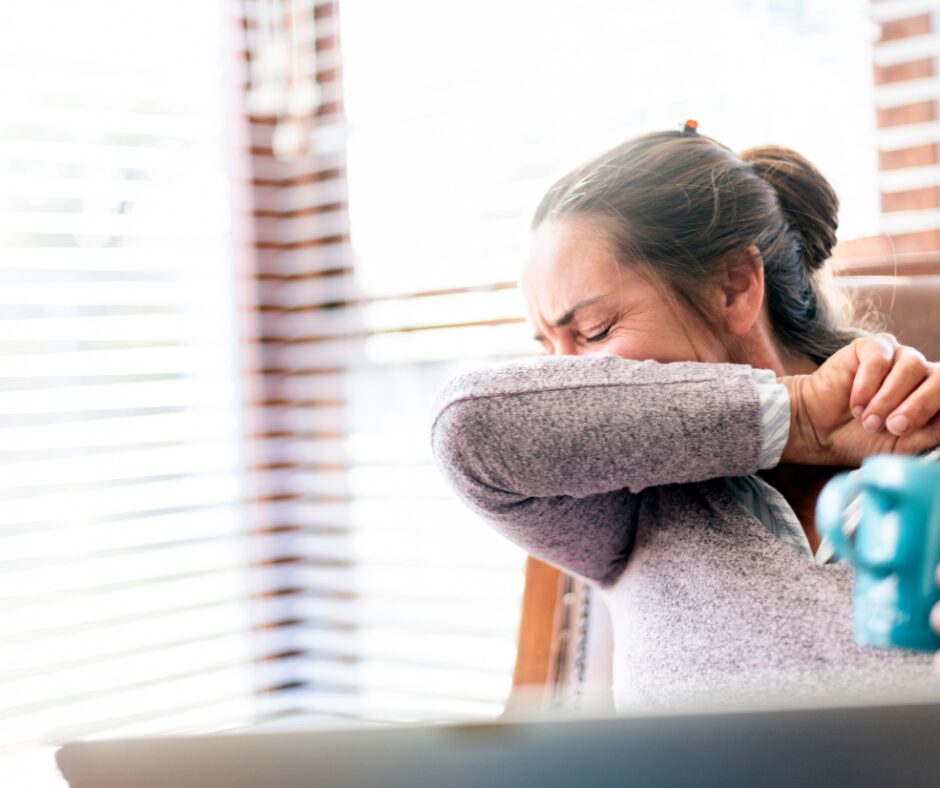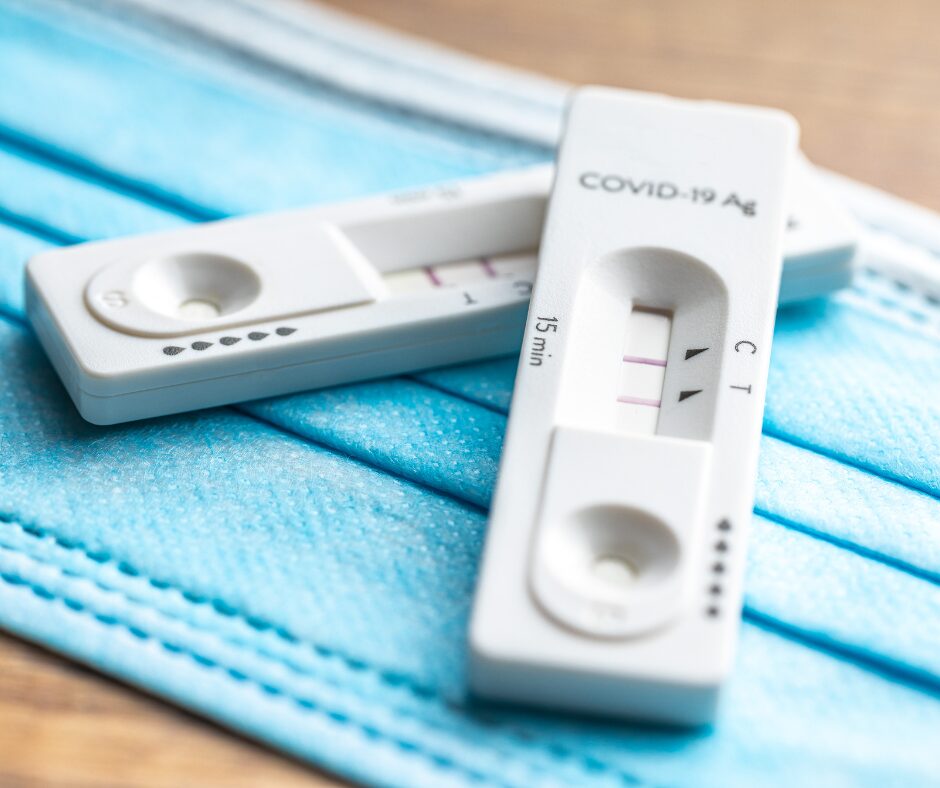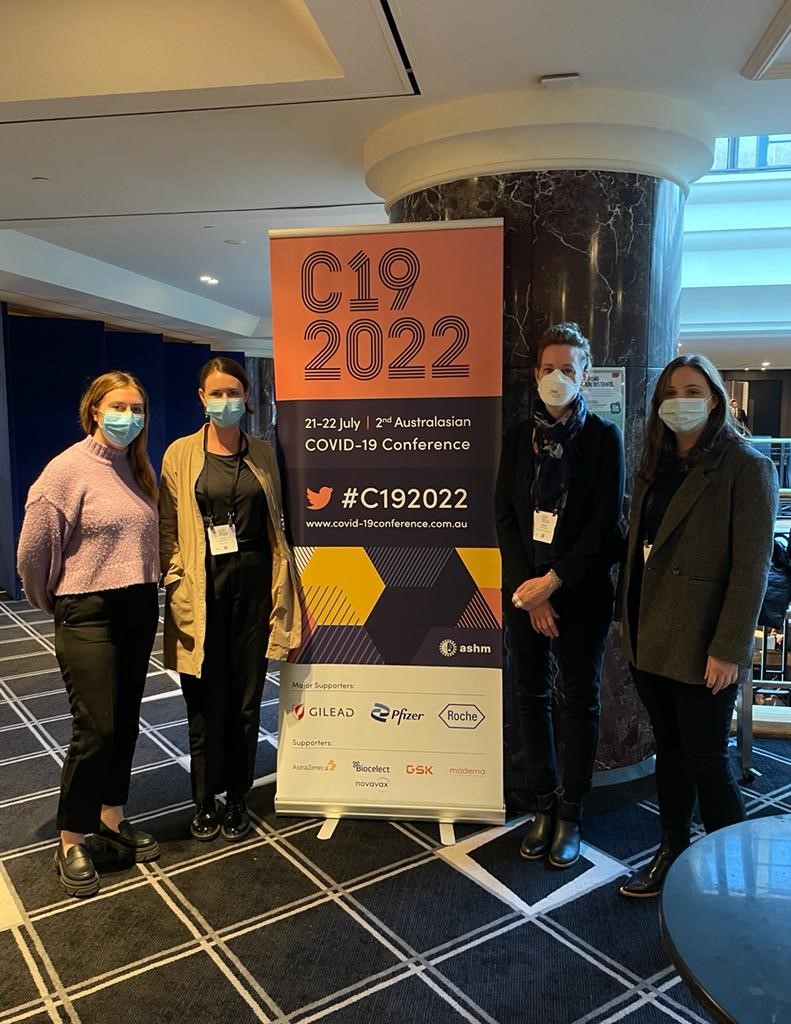COVID-19
Don’t let
COVID-19 catch you



COVID-19 remains an unwelcome part of our lives as our immunity from both infection and vaccination wanes with time and COVID-19 continues to spread. Community transmission of COVID-19 is increasing across Victoria and in the West, with rising COVID-19 hospitalisations and intensive care admissions.
Anyone can catch COVID-19, but when there is an increase in cases it is especially important that those at greatest risk of severe illness from COVID-19 are protected to reduce the chance of severe infection, hospitalisation and death. This includes people aged over 65 years, those with a disability or medical condition and Aboriginal and Torres Strait Islander people.
There are things we can all do to protect ourselves, our loved ones and the wider community from getting COVID-19.
Get vaccinated
So you can understand when you should ask for an additional dose of a COVID-19 vaccine to protect yourself and your loved ones, the current guidance from the Australian Technical Advisory Group on Immunisation is below.
Recommendations for COVID-19 vaccine doses by age group and risk:
(last updated 6 March 2024)
| Age | With severe immunocompromise | Without severe immunocompromise |
| ≥ 75 years | Recommended every 6 months | Recommended every 6 months |
| 65 – 74 years | Recommended every 12 months and can consider a dose every 6 months | Recommended every 12 months and can consider a dose every 6 months |
| 18 – 64 years | Recommended every 12 months and can consider a dose every 6 months | Can consider a dose every 12 months |
| 5 – 17 years | Can consider every 12 months | Not recommended |
| < 5 years | Not recommended | Not recommended |
- The Western Public Health Unit (WPHU) encourages all adults aged 65 years and over, and those aged 18 – 64 who are severely immunocompromised to receive a booster dose every 6 months.
- WPHU encourages all adults aged 18-64 who do not have immunocompromise to receive a vaccine every 12 months.
Wear a mask
A high-quality and well-fitted mask can protect you and others from the virus.
Get tested
If you have symptoms, take a rapid antigen test (RAT). Free RATs are available through your local council. At the very beginning of a COVID infection, a negative RAT test may not always rule out COVID-19 infection – consider retesting in subsequent days.
Stay at home
If you have COVID-19, you should stay at home for at least five days from when your illness started, and until you have no symptoms. Speak to your GP if symptoms worsen.
Talk to your doctor
If you are at risk of falling very sick, you may be eligible for COVID-19 antiviral medicines. In summary, all adults 70 and older, and many adults aged 50 years or older with significant medical conditions, are eligible to receive COVID-19 antiviral medicines, which can decrease your risk of needing to go to hospital. You must take these within 5 days of developing symptoms.
Let fresh air in
Open windows and doors when you can – it reduces the spread of the virus.


